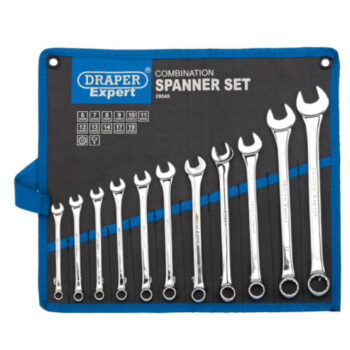B2B Prices
Dear valued customers, We wanted to inform you about some upcoming changes to our pricing…
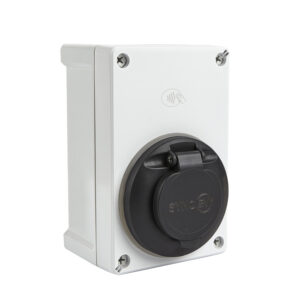
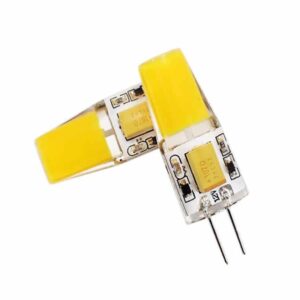
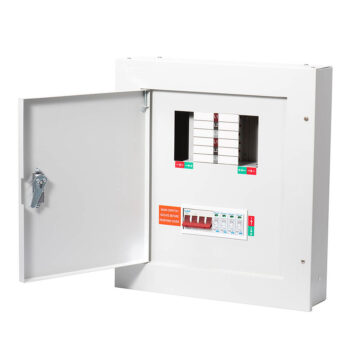
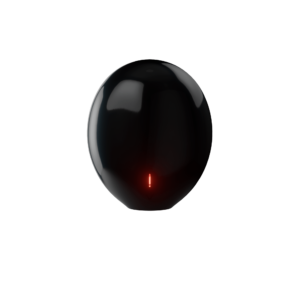
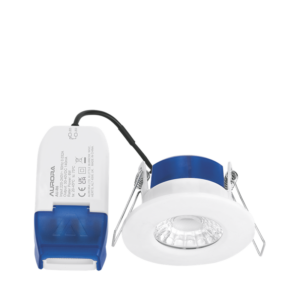
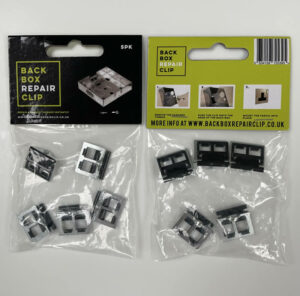
Showing all 5 results
Showing all 5 results


Get a head start on your projects with our handy ideas and inspiration posts, we have created some helpful guides to help you make the right decisions before buy. Stay current with the latest electrical tips on our blog.
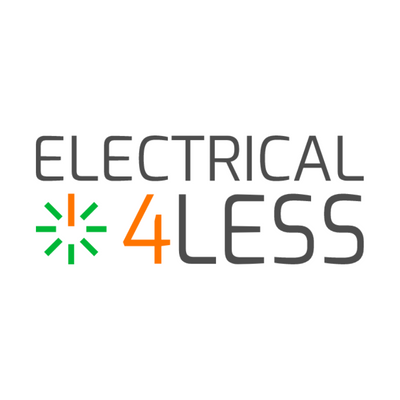
Dear valued customers, We wanted to inform you about some upcoming changes to our pricing…
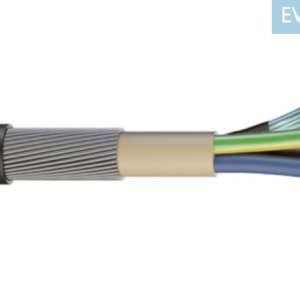
Shop Now EV-Ultra® – 3 Core 6mm SWA or Tuff and CAT5 combined This cable…

Once your credit account application has been approved you can shop on our website and…
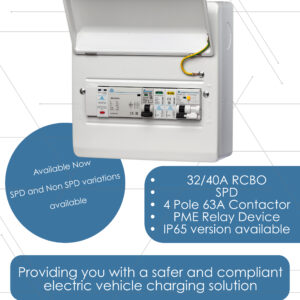
PME Fault Detection Consumer Units also known as PEN Loss Consumer Units in stock now.
Spanners, wrenches, and keys are essential hand tools used in electrical installations, particularly for securing and loosening nuts, bolts, and fasteners on electrical equipment and components. While BS 7671 (the 18th Edition of the Wiring Regulations) does not specifically address these tools, they are fundamental in ensuring the proper installation, maintenance, and modification of electrical systems. Here are some common types of spanners, wrenches, and keys used in electrical work, along with relevant safety considerations:
1. Adjustable Wrenches: Adjustable wrenches, also known as crescent wrenches or adjustable spanners, have an adjustable jaw that can be used to fit a variety of nut and bolt sizes. They are commonly used for tightening or loosening nuts on conduit fittings, cable glands, and other electrical components. Safety considerations include:
2. Combination Wrenches: Combination wrenches have an open-end on one side and a closed-end (ring) on the other. They are suitable for various electrical applications where a secure grip is needed. Safety considerations include:
3. Socket Wrenches: Socket wrenches, often referred to as socket sets, consist of a ratchet handle and interchangeable sockets that fit over nuts or bolts. They are versatile and commonly used in electrical work for accessing nuts and bolts in tight spaces. Safety considerations include:
4. Allen Keys (Hex Keys): Allen keys, also known as hex keys, are L-shaped tools with hexagonal ends. They are used to tighten or loosen hex head screws and bolts, which are common in electrical equipment and terminal blocks. Safety considerations include:
5. Torque Wrenches: Torque wrenches are specialized tools used to apply a specific amount of torque or tightening force to fasteners. They are critical for applications where precise torque is required to avoid over-tightening or under-tightening, which can affect the integrity of electrical connections. Safety considerations include:
6. Strap Wrenches: Strap wrenches use a flexible strap to grip cylindrical objects, making them suitable for tasks like tightening conduit fittings and cable glands. Safety considerations include:
While these tools are not explicitly addressed in BS 7671, they are essential for electrical professionals to carry out electrical installations and maintenance effectively and safely. Electricians should follow best practices, adhere to safety guidelines, and use appropriate tools and techniques to ensure the quality and compliance of electrical work.


To access and complete the B2B client application form, please log in to your account at Electrical4less. If you encounter any issues or need assistance, don't hesitate to contact our support team.
